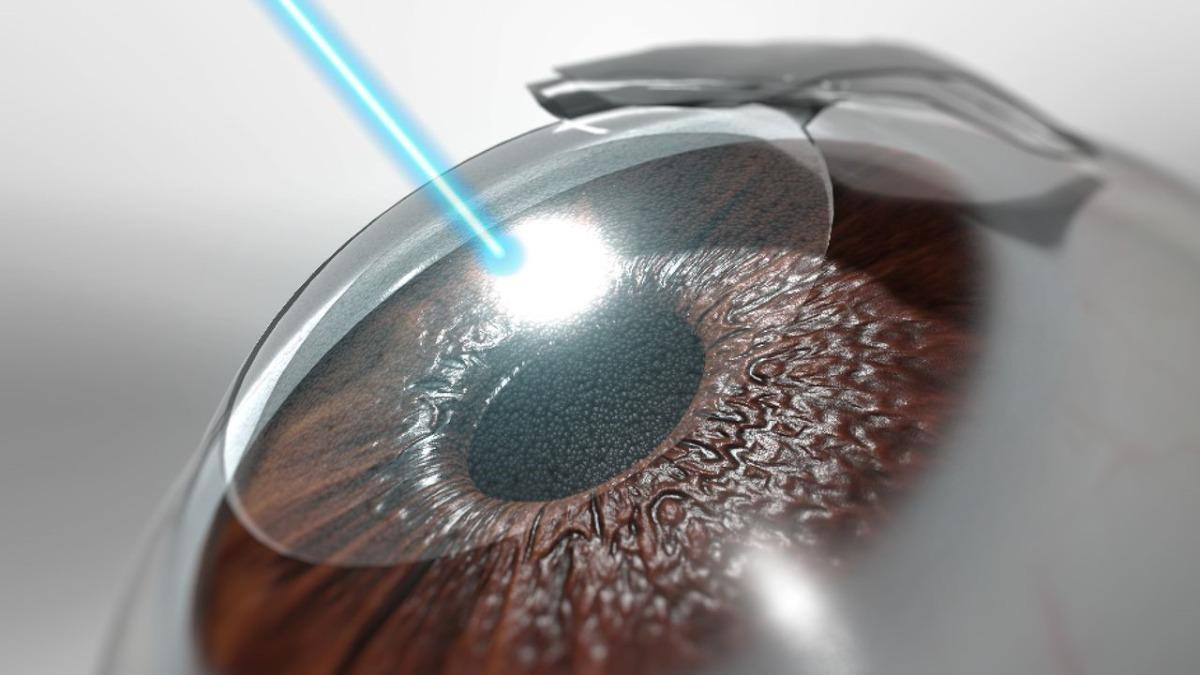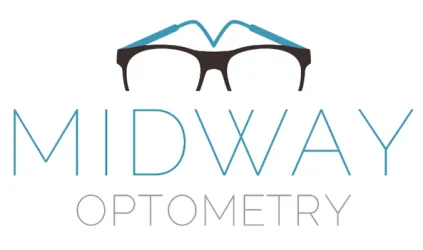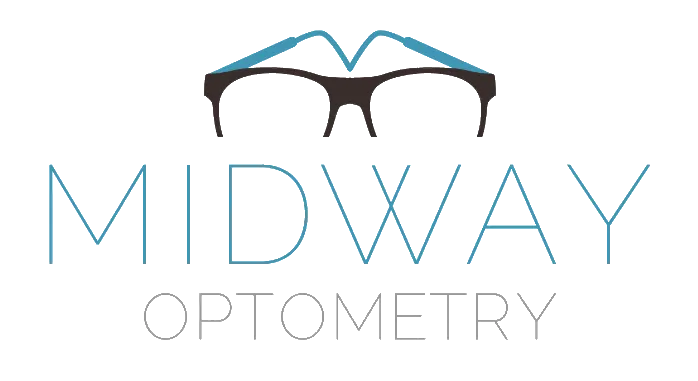LASIK - Laser Refractive Surgery

- posted: Sep. 15, 2023
Here at Midway Optometry, we work with the best LASIK surgeons in San Diego. We help our patients set up consultations with our local trusted surgeon to determine if they are a candidate. We will manage our patients throughout the whole entire process, to ensure our patients receive the best quality of vision and care from beginning till end. If you have any questions about LASIK, please do not hesitate to ask next time you see us. Here is some information pertaining to the procedure:
LASIK, which stands for "Laser-Assisted In Situ Keratomileusis," is a popular and widely performed refractive eye surgery used to correct common vision problems, such as nearsightedness (myopia), farsightedness (hyperopia), and astigmatism. LASIK surgery has helped millions of people reduce or eliminate their dependence on glasses or contact lenses. Here's an overview of LASIK surgery:
Procedure:
Corneal Flap Creation: During LASIK surgery, a specialized femtosecond laser or microkeratome is used to create a thin, hinged flap on the cornea's outer layer (epithelium). This flap is gently lifted to expose the underlying corneal tissue.
Reshaping the Cornea: An excimer laser is then used to precisely reshape the cornea's curvature based on the individual's prescription. The laser removes microscopic layers of tissue to flatten or steepen the cornea, correcting vision problems.
Corneal Flap Repositioning: After the cornea is reshaped, the surgeon carefully repositions the corneal flap, which adheres naturally without the need for sutures.
Benefits:
- Quick Recovery: LASIK typically provides a quick visual recovery, with many patients experiencing improved vision within 24-48 hours.
- Reduced Dependency on Glasses or Contacts: LASIK can significantly reduce or eliminate the need for eyeglasses or contact lenses, providing greater convenience.
- Improved Quality of Life: Many LASIK patients report an enhanced quality of life, particularly if they were previously dependent on corrective lenses.
- Enhanced Peripheral Vision: LASIK can improve peripheral vision, which is beneficial for activities such as sports.
- Minimal Discomfort: The procedure itself is virtually painless, and most patients experience only mild discomfort for a short period afterward.
Considerations and Risks:
- Not Suitable for Everyone: LASIK may not be appropriate for individuals with certain medical conditions, unstable vision, or severe corneal irregularities.
- Possible Side Effects: LASIK can have side effects, including dry eyes, glare, halos, and reduced night vision. Most side effects are temporary and improve over time.
- Corneal Flap Complications: Although rare, complications related to the corneal flap creation or healing can occur, affecting visual outcomes.
- Visual Stability: While LASIK can provide excellent results, vision may change with age, and some individuals may require enhancements or glasses for specific activities as they get older.
It's essential to have a thorough pre-operative evaluation by a qualified eye surgeon to determine if LASIK is a suitable option for your unique eye characteristics and vision needs. LASIK is a widely accepted and safe procedure, but like any surgical procedure, it carries potential risks and benefits that should be discussed with your eye care provider. Each person's vision correction needs are unique, and alternative refractive surgery options, such as PRK (Photorefractive Keratectomy) or implantable lenses, may also be considered depending on your individual circumstances.

- posted: Sep. 15, 2023
Here at Midway Optometry, we work with the best LASIK surgeons in San Diego. We help our patients set up consultations with our local trusted surgeon to determine if they are a candidate. We will manage our patients throughout the whole entire process, to ensure our patients receive the best quality of vision and care from beginning till end. If you have any questions about LASIK, please do not hesitate to ask next time you see us. Here is some information pertaining to the procedure:
LASIK, which stands for "Laser-Assisted In Situ Keratomileusis," is a popular and widely performed refractive eye surgery used to correct common vision problems, such as nearsightedness (myopia), farsightedness (hyperopia), and astigmatism. LASIK surgery has helped millions of people reduce or eliminate their dependence on glasses or contact lenses. Here's an overview of LASIK surgery:
Procedure:
Corneal Flap Creation: During LASIK surgery, a specialized femtosecond laser or microkeratome is used to create a thin, hinged flap on the cornea's outer layer (epithelium). This flap is gently lifted to expose the underlying corneal tissue.
Reshaping the Cornea: An excimer laser is then used to precisely reshape the cornea's curvature based on the individual's prescription. The laser removes microscopic layers of tissue to flatten or steepen the cornea, correcting vision problems.
Corneal Flap Repositioning: After the cornea is reshaped, the surgeon carefully repositions the corneal flap, which adheres naturally without the need for sutures.
Benefits:
- Quick Recovery: LASIK typically provides a quick visual recovery, with many patients experiencing improved vision within 24-48 hours.
- Reduced Dependency on Glasses or Contacts: LASIK can significantly reduce or eliminate the need for eyeglasses or contact lenses, providing greater convenience.
- Improved Quality of Life: Many LASIK patients report an enhanced quality of life, particularly if they were previously dependent on corrective lenses.
- Enhanced Peripheral Vision: LASIK can improve peripheral vision, which is beneficial for activities such as sports.
- Minimal Discomfort: The procedure itself is virtually painless, and most patients experience only mild discomfort for a short period afterward.
Considerations and Risks:
- Not Suitable for Everyone: LASIK may not be appropriate for individuals with certain medical conditions, unstable vision, or severe corneal irregularities.
- Possible Side Effects: LASIK can have side effects, including dry eyes, glare, halos, and reduced night vision. Most side effects are temporary and improve over time.
- Corneal Flap Complications: Although rare, complications related to the corneal flap creation or healing can occur, affecting visual outcomes.
- Visual Stability: While LASIK can provide excellent results, vision may change with age, and some individuals may require enhancements or glasses for specific activities as they get older.
It's essential to have a thorough pre-operative evaluation by a qualified eye surgeon to determine if LASIK is a suitable option for your unique eye characteristics and vision needs. LASIK is a widely accepted and safe procedure, but like any surgical procedure, it carries potential risks and benefits that should be discussed with your eye care provider. Each person's vision correction needs are unique, and alternative refractive surgery options, such as PRK (Photorefractive Keratectomy) or implantable lenses, may also be considered depending on your individual circumstances.
Visit our Office
Midway Optometry
3145 Rosecrans St ste c
San Diego, CA 92110

